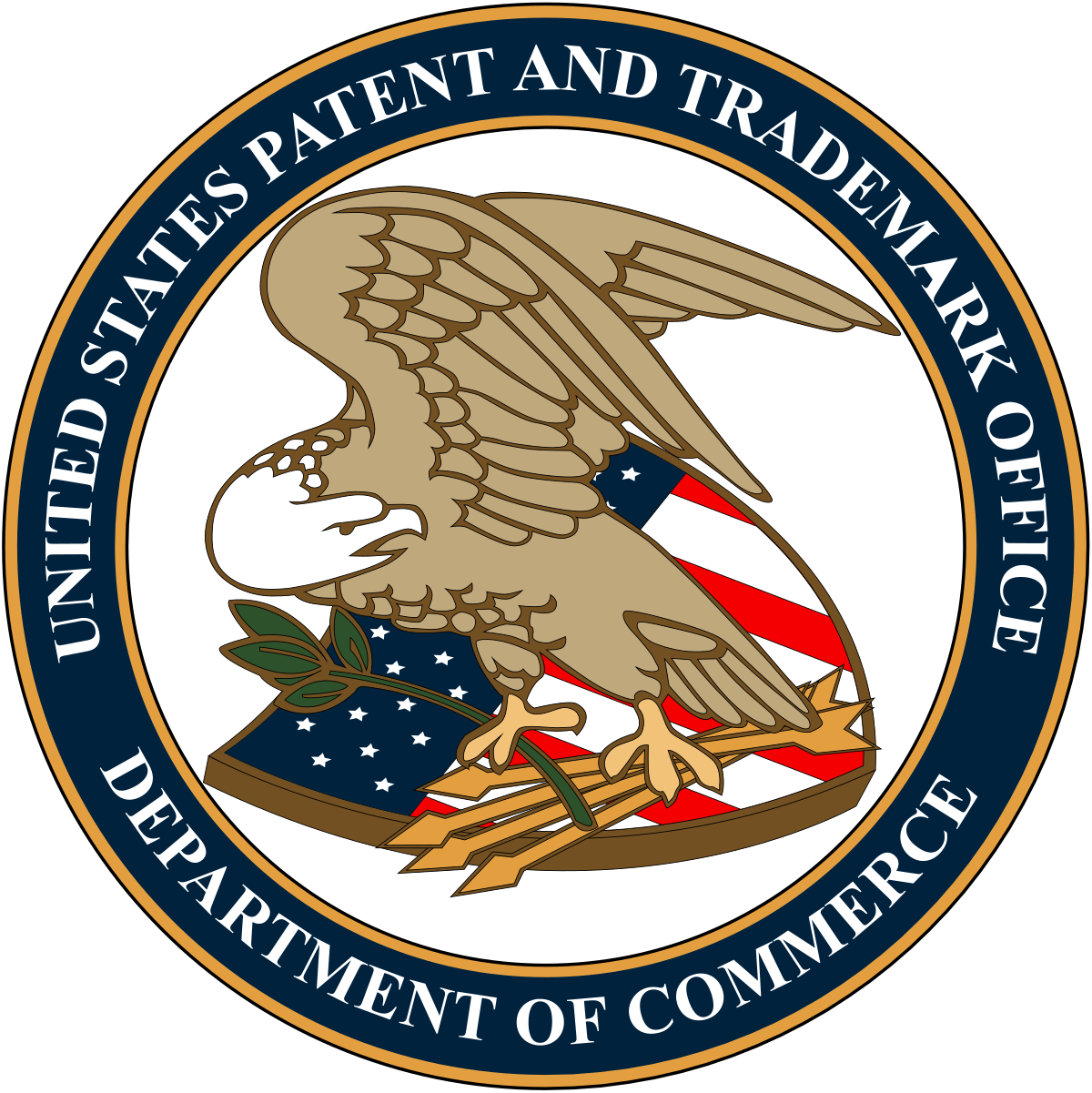
Did you file an Intent to Use application and now need to show the USPTO you are using your mark? We can help you file your Statement of Use, sometimes called an Allegation of Use.



.png)
You’ve started the process with your Intent to Use, now finish it.
Whether you know your serial number or not, in less than five minutes you can answer the questions needed to start the process.

We will send your application to you for your review and signature.

We will file the application and pay your fees so you can focus on building your brand.

Most of the brands, logos and slogans you love, know and trust have been registered. A registered mark gives you a presumption of ownership and a presumed right to use the brand nationwide giving you broader protection in courts. Once registered, present yourself as an established and serious business with the ® symbol after your name, logo or slogan. Other benefits include:
If you filed an Intent to Use application, you already got your place in line before you were actually using your mark. Now, that you are using your mark in commerce, finish the process with your Allegation or Statement of Use to officially register it. The Custom Trademark Agency team is ready to complete the race with you.

Outstanding service! So easy to work with, helpful, and attentive in every way. I highly recommend using them for your trademark needs!
J. Stinson
Few things are as challenging as following Federal regulatory protocols. For me, that's saying something, having worked in the securities industry for over thirty years! Custom Trademark Agency made filing my branding tagline simple, straightforward, and very informative. They truly take an "advocate" role for their clients.
Peter M.
I had a great experience at Custom Trademark Agency! My customer service representative was exceptional! She was professional and knowledgeable when explaining the process of how to copyright my work. She supported me until my work was ready for review. Custom Trademark Agency is well deserving of a 5-star rating.
Sterline Cryer
I had a great experience at Custom Trademark Agency! My customer service representative was exceptional! She was professional and knowledgeable when explaining the process of how to copyright my work. She supported me until my work was ready for review. Custom Trademark Agency is well deserving of a 5-star rating.
Sterline CryerStill have questions? Call (855) 611-3936 or LIVE CHAT with us for real-time support.
One way to understand a trademark is that it is a word, phrase, symbol, and/or design that identifies and distinguishes the source of the goods of one party from those of another party. A “service” mark distinguishes the source of a service, rather than a good, but the two are typically simply referred to as a “trademark” or “mark”. In more general terms, getting a trademark protects a brand. Many of the well-known brands, logos and slogans you love, know and trust have been registered with the United States Patent and Trademark Office.
Generally, the registration of a trademark entitles the registrant to a presumption of ownership of the brand on a national level and a presumed right to use the brand nationwide. It may help prevent someone from registering a confusingly similar mark later and may also help the registrant bring a case in federal court if someone infringes on the brand. Once registered, a registrant can typically start using the ® symbol after the name, logo or slogan.
After a mark is properly registered and used for a five-year period, Custom Trademark Agency can also help file a “Declaration of Incontestability.” Considered by some the greatest protection under U.S. trademark law, this may help prevent others from contesting a trademark on the following grounds: (1) the mark is not inherently distinctive; (2) it is confusingly similar to another mark that someone else began using first; or (3) the mark is simply functional as opposed to identifying the source of the goods or services.
Under U.S. law, a “common law trademark” is generally established when someone uses a company name, logo or slogan in commerce, even if it is not registered. So, why pay to register a trademark when a common law trademark may already exist? Common law rights ordinarily are limited to the geographic area where the mark is used as opposed to the nationwide protection customarily obtained when a mark is registered with the USPTO. So, unless registered, the use of a mark can be geographically limited, which hampers the ability to expand the brand. On the other hand, a person using a mark in a limited geographic area could be boxed in by someone else who offensively registers a similar mark. In addition, registration of a trademark can give the person holding the registered trademark a leg up in court as to the validity of the mark and the date of usage in later trademark infringement litigation, if it comes to that. There are also favorable remedies available to registered trademark owners in the event of litigation. Finally, once a trademark is accepted by the USPTO, it will be maintained in the USPTO database, which can discourage others from using the mark in the future. Future companies should be on notice that the mark is already spoken for, which should in turn help avoid at least some disputes.
There may be advantages to registering both a name and an associated logo. But bear in mind, each filing requires its own government filing fees and processing fees to Custom Trademark Agency.
A more budget-friendly option could involve registering just a company name. Wrongful use of names seems to be more common than wrongful use of logos. Trademarking a name generally provides broader protection because it prevents any use of the name that causes confusion, even if someone tries to use the name within a unique logo.
A mark for a logo typically protects the shape, orientation, stylization and sometimes color in that particular logo. Registering ordinarily prevents others from using that logo or something confusingly similar to the logo. Even if a company name is in the logo, registering the logo may only protect the use of that name in the particular way it is used in the logo and not the use of the name more generally. Moreover, amended or redesigned logos usually require a new application for the new logo. As may be expected, logo changes seem to be more common than name changes.
Much like how the availability of a corporate name in a given state does not necessarily provide superior trademark rights to use the name in commerce, the availability of the domain name is not an indication either. A company could have a trademark name on a product or service, but not have acquired the domain name.
The availability of the domain name should be one part of a comprehensive search, which Custom Trademark Agency offers, to help evaluate the strength of a brand name or slogan and the likelihood of a trademark being approved.Using a domain name as part of a brand that sells goods or services may establish common law trademark rights. A “common law” trademark can be established when a name, logo or slogan is used in commerce, even if it is not registered. Common law rights, however, are limited to the geographic area where the mark is actually used as opposed to the nationwide protection typically established by registration of a mark with the USPTO.
The geographic limitations of an unregistered mark can make it difficult to expand a business. On the other hand, a person using a mark in a limited geographic area could be boxed in by someone else who offensively registers a similar mark. In addition, registration of a trademark customarily gives the person holding the registered trademark a leg up in court as to the validity of the mark and the date of usage in later trademark infringement litigation, if it comes to that. There are also favorable remedies available to registered trademark owners in the event of litigation. Finally, once a trademark is accepted by the USPTO, it should be maintained in the USPTO database, which can discourage others from using the mark in the future. Future companies should be on notice that the mark is already spoken for, which should in turn help avoid at least some disputes.
General benefits to registering a mark:
If investing heavily in a marketing campaign with a slogan, a company might consider registering a slogan as well. Short catch phrases or sayings that are sold as part of merchandise (like shirts or hats) can also be registered. The same rules apply that are applicable to picking and registering a company name. Namely, the slogan should be inherently distinctive and creative or have developed a secondary meaning. In other words, “really good pizza” probably can’t be trademarked unless that saying has become so famous that most consumers associate it with a certain pizza brand.
The whole process will usually take anywhere from 5 to 10 minutes on the Trademark Engine website. For a typical application, be prepared to provide at least the following:
Thousands have protected their brand by filing a trademark.